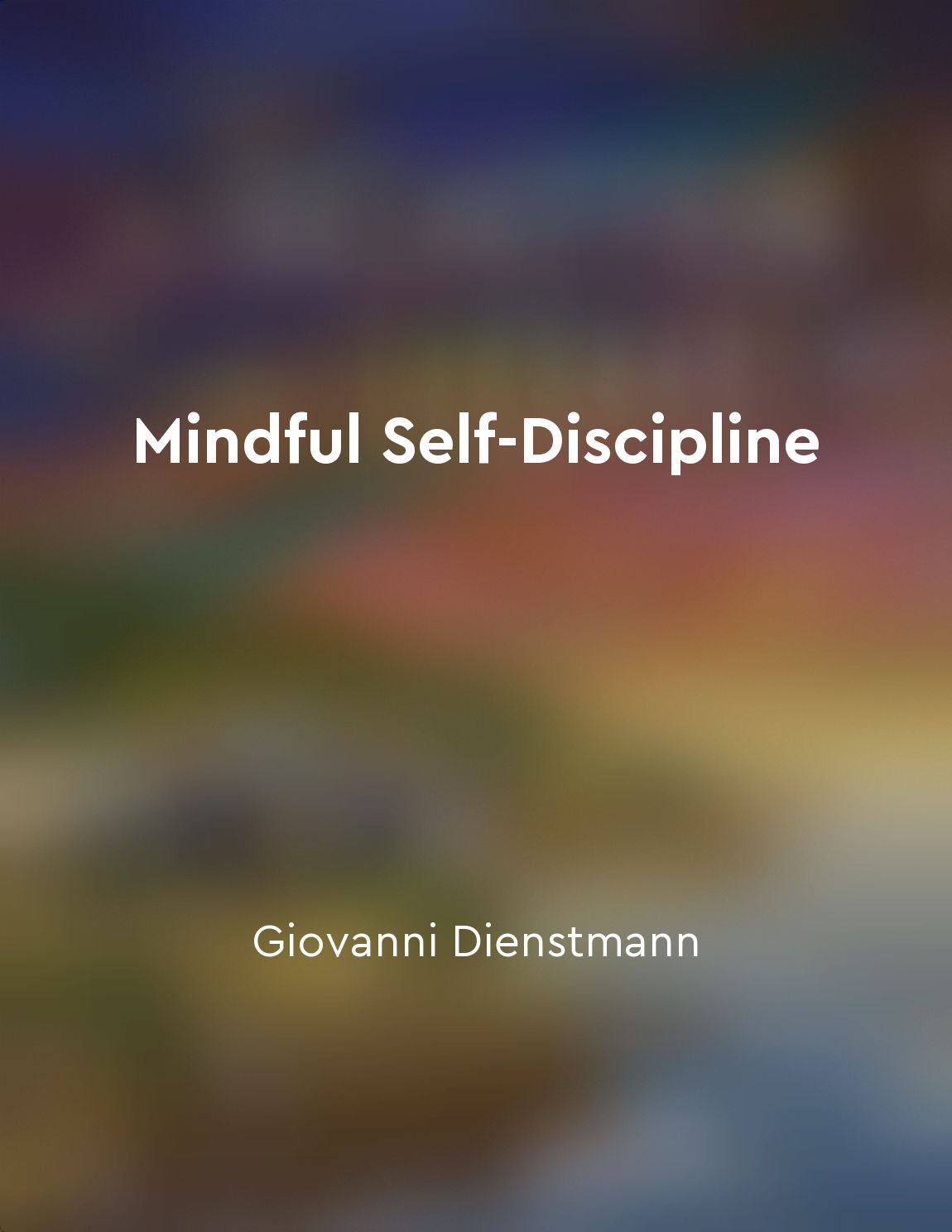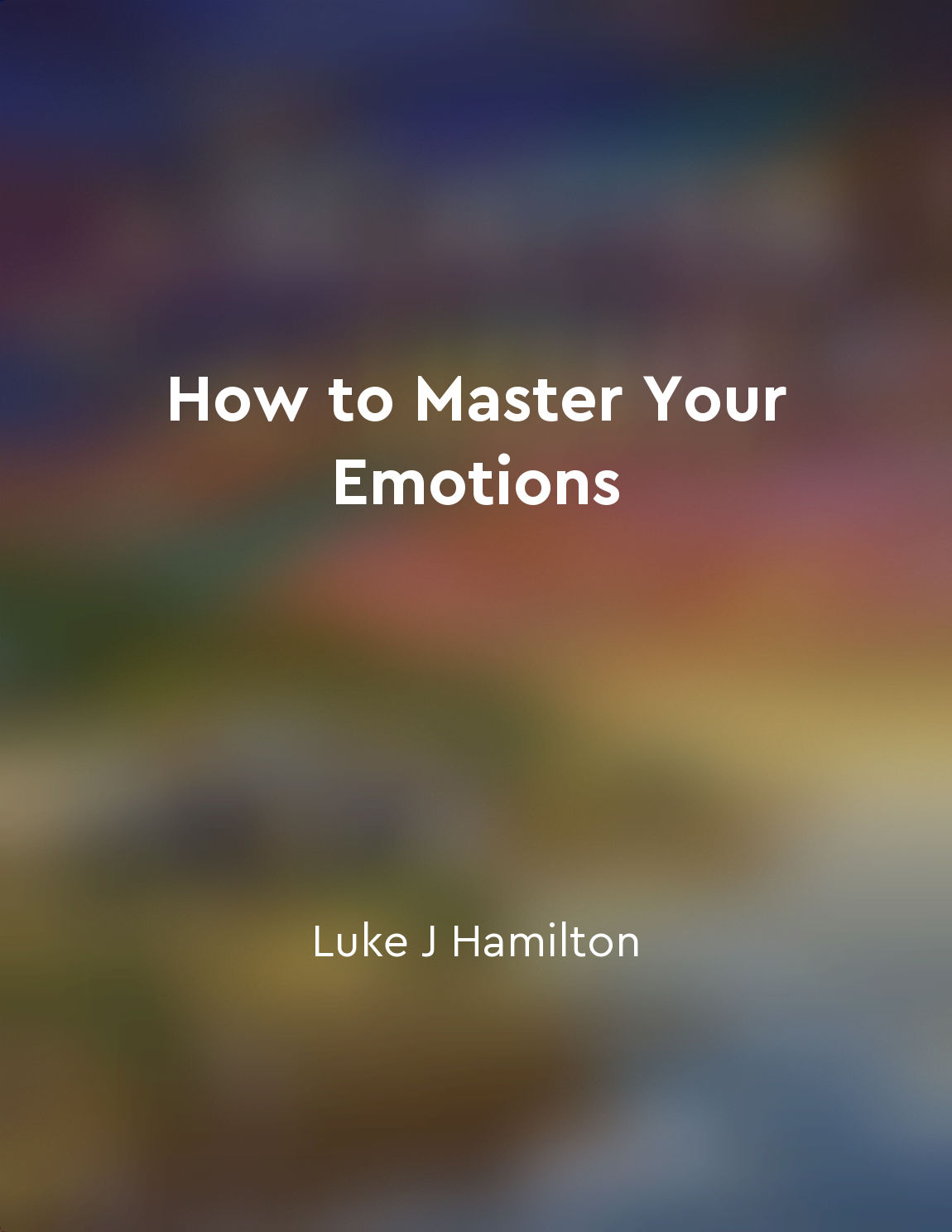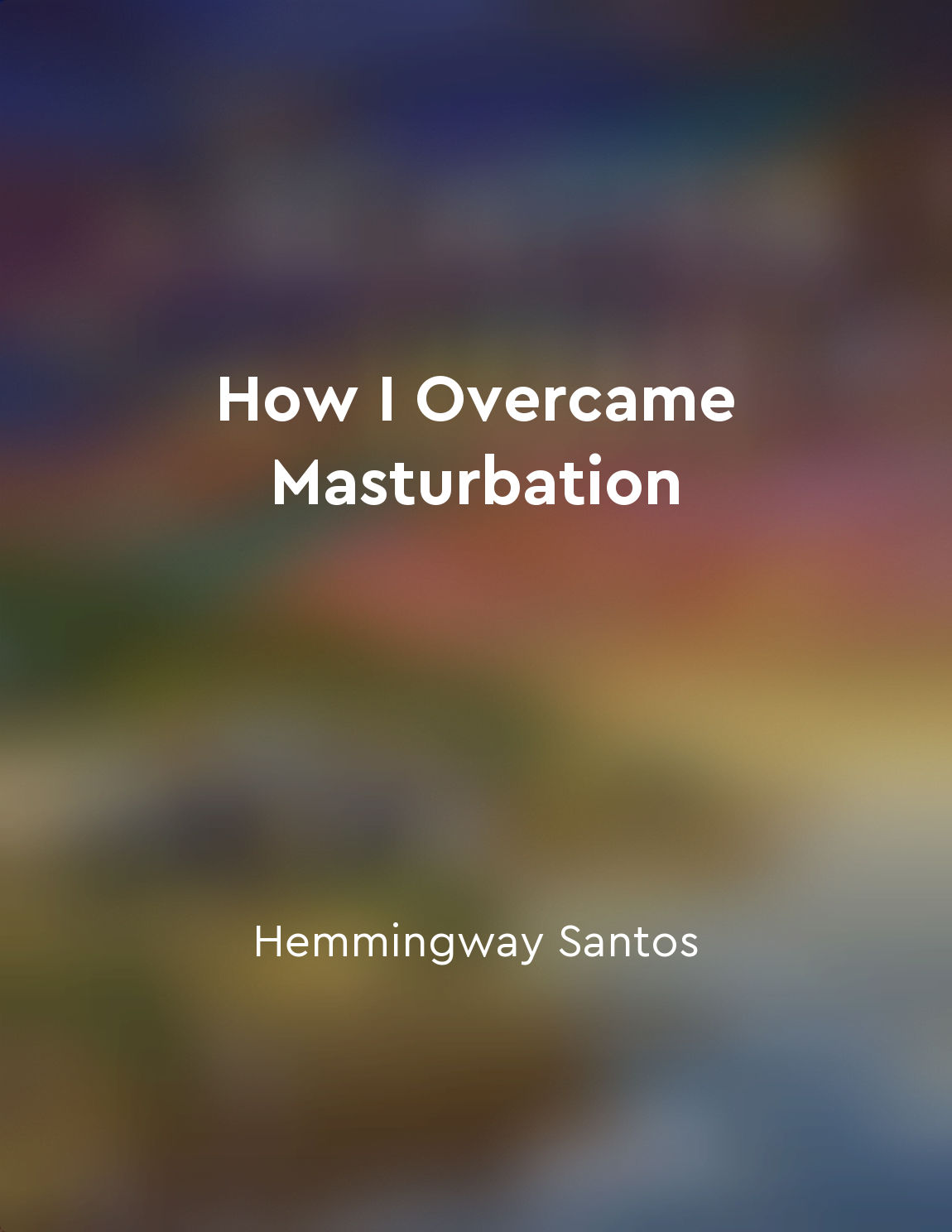Audio available in app
Setting boundaries is crucial for wellbeing from "summary" of When the Body Says No by Gabor Maté, MD
We cannot separate the mind from the body. What happens within us psychologically inevitably manifests itself physically. The body is the vessel through which our emotions and experiences are expressed. When we fail to set boundaries for ourselves, we allow others to dictate our lives. We relinquish control over our thoughts, feelings, and actions. This lack of autonomy can lead to stress, resentment, and ultimately, illness. Boundaries are not walls that shut others out; they are safeguards that protect our inner world. By establishing clear boundaries, we communicate our needs and limitations to others. We assert our right to self-care and self-respect. When we respect our own boundaries, we signal to others how we expect to be treated. This fosters healthy relationships based on mutual understanding and respect. Failure to set boundaries can result in chronic stress, as we constantly push ourselves beyond our limits. This chronic stress weakens our immune system, leaving us vulnerable to illness. When we continuously ignore our own needs in favor of others', we send a message to our body that our well-being is not a priority. Our body, in turn, responds with symptoms of distress, such as headaches, fatigue, or digestive issues. Setting boundaries is an act of self-love. It is a recognition of our worth and a commitment to our own well-being. When we establish boundaries, we take control of our lives and prioritize our needs. This empowers us to live authentically and in alignment with our values. By setting boundaries, we create a safe space for ourselves to grow, heal, and thrive. Our body responds positively to this self-care, and our overall health improves as a result.- Setting boundaries is not just a matter of personal preference; it is essential for our overall well-being. When we establish healthy boundaries, we protect ourselves from harm and create space for growth. Through boundaries, we communicate our needs, assert our autonomy, and prioritize our own well-being. This is a powerful act of self-love that benefits not only ourselves but also those around us. By setting boundaries, we create a foundation for healthy relationships and a fulfilling life.
Similar Posts
Taking calculated risks
Taking calculated risks involves a careful assessment of potential outcomes before making a decision. It requires a balance bet...

Forgiveness is a powerful tool for healing
In this narrative, forgiveness emerges as a potent force capable of mending wounds that run deep within the human soul. As the ...
The journey of selfdiscovery is ongoing
Throughout life, we are constantly evolving and growing, and this process of self-discovery never truly reaches a final destina...

Selfdiscipline is about making conscious choices
Self-discipline is not about controlling yourself or forcing yourself to do things you don't want to do. It is about making con...

Embrace the journey of healing and transformation with courage and resilience
Healing and transformation are not easy processes. They require courage and resilience to face the pain and challenges that com...

Seek professional help if you find it challenging to manage your emotions on your own
If you are struggling to regulate your emotions effectively despite trying various techniques and strategies on your own, it ma...
Learn to navigate conflict constructively
Navigating conflict constructively is a critical skill in Total Leadership. When conflicts arise, whether at work or at home, i...

Understanding triggers is essential for progress
Understanding triggers is like holding the key to unlocking the door to progress in overcoming masturbation. Without this cruci...
Practice mindfulness and gratitude
Mindfulness and gratitude are two tools in your anxiety-fighting arsenal. These are not just trendy buzzwords, they're legit st...

Choose kindness always
In a world that often feels more divided than ever, it can be easy to fall into the trap of negativity and criticism. But what ...

